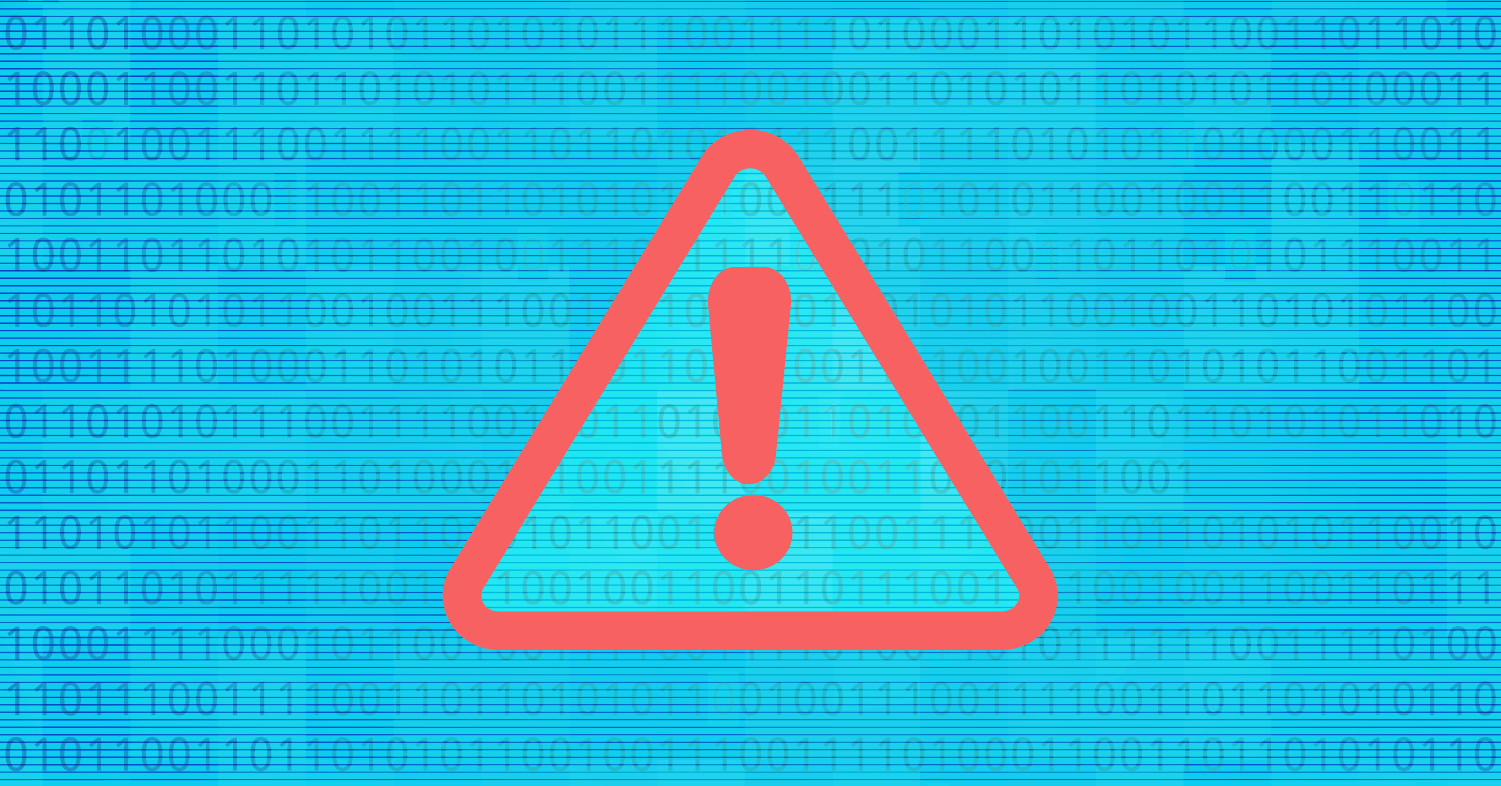The American Bar Association’s 2021 Cybersecurity report indicates that at least 25% of survey respondents experienced a cyberattack “at some time” during the firm’s operations. Because of the ubiquity of technology, especially after COVID-19 thrust the legal profession into the 21st Century, it is vital to recognize and address warning signs that your personal injury law firm is susceptible to a cyberattack.
In this article, CloudLex explores potential security red flags and ways to protect your firm against cyberattacks.
Your firm members reuse passwords
Hackers gain access to your technology by exploiting vulnerabilities, such as weak or reused passwords. If you or your staff reuse or have weak passwords, this presents an opportunity for bad actors to infiltrate your system.
You can help prevent this from happening by ensuring your firm members use secure and unique passwords for necessary software and programs. Go a step further by requiring your staff to change their passwords every six months or one year to ensure that you are always at least one step ahead of the hackers.
Your firm’s software is outdated
Computer and software updates do more than increase functionality – they also ensure your system is secure and equipped with the latest patches necessary to keep bad actors out of your system. Have a plan to check for and complete updates to your firm’s systems. To assist with the process, you can turn on auto-update where possible; however, the best practice is to have a member of your IT team manually check for updates.
Develop a routine for checking for updates on a weekly and monthly basis, ensuring that security patches are installed before hackers have a chance to breach your system. You can put reminders in your firm’s calendar to help ensure you stay on track and remember to check and install critical updates.
You do not use multifactor authentication
Multifactor or two-factor authentication requires the user to complete multiple actions when attempting to log on to a program. The first step is usually to input a password, and the second step customarily involves texting or emailing a six-digit code to the user. The user then submits this in the program to complete the login process.
Multifactor authentication may sound cumbersome, but it creates a vital layer of security to protect your firm against cyberattacks. Even if a hacker steals your password, you may be able to stop them from accessing your system if you have turned on multifactor authentication. To proceed with accessing your account, they would have to have your email password or access to your phone.
You give people access to more systems than they require
Law firms are frequent targets of attempted cyberattacks because they communicate with multiple parties in a given matter and handle sensitive material. Bad actors also try to capitalize on the firm’s poor security infrastructure to gain unfettered access to the confidential data housed by firms. While cyberattacks may be an inevitable part of your firm’s operations, Lawyer Monthly encourages attorneys to temper the potential impact by limiting your staff’s access to confidential data.
With case management software like CloudLex, you can choose to only give users as much access to the firm’s data as they reasonably need to complete their jobs. Limiting people’s ability to interface with areas of the system also keeps the potential for a widespread data breach at bay.
You do not utilize an encrypted messaging system
In the realm of cybersecurity, not all messaging systems are created equal. If you are using outdated or unencrypted messaging systems to send and receive confidential documents, you are putting yourself and your clients at risk. The messaging system you use to communicate with clients and third parties should be secure and routinely scan for viruses to protect you from phishing email attacks.
Use an encrypted messaging system equipped with the latest in data security to safeguard your information. The CloudLex personal injury case management messaging system leverages Microsoft’s secure, HIPAA-compliant cloud software. Keep your and your client’s data secure while meeting your professional and ethical obligations.
You do not keep a secure cloud storage backup of your data
If you are still storing your firm’s data on your computer without a cloud backup, your firm is vulnerable to cyberattacks. Instead, protect your case files using a secure, cloud-based case management program that meets rigorous security protocols.
Case management provider CloudLex is tailored to the unique needs of personal injury lawyers. Because you regularly encounter social security numbers and medical records, you must take particular care when storing client data. With CloudLex software, you operate securely from the Microsoft Azure cloud, which meets the highest cybersecurity standards.
CloudLex: Secure and reliable personal injury case management software
In today’s tech-heavy economy, it is more important than ever to fortify your firm against cyberattacks. We help with this process by providing state-of-the-art case management software solutions that comply with rigorous ethical and professional security standards.
To find out how we can protect your firm against cyberattacks and streamline your processes, contact CloudLex today.

